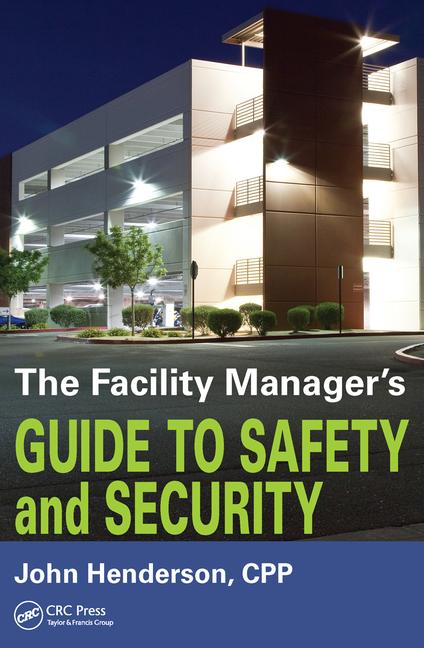Salt Lake City has passed an ordinance that requires verification before the police will respond. From a practical point of view, it requires the alarm company or a subcontractor to go to the site of the alarm and confirm an attempted or actual criminal event at the alarm site before a police officer will be dispatched. These statutes raise many possible issues, including: what happens if the employee is injured by the criminals or the police; what happens if the alarm company fails to send an employee to “verify†the alarm and an actual criminal activity occurs; or what happens if an employee is sent to the site, believes that there is no criminal activity, but in fact there is criminal activity, and a loss occurs.
In most jurisdictions, if an alarm employee is injured at the site, the injury would be handled by workmen’s compensation laws. Those circumstances are no different than if an employee slipped and fell at the monitoring office.
A more difficult question occurs if the alarm company responds, but is mistaken regarding whether or not a criminal activity is taking place, or if the company does not respond and a loss occurs.
These events should be covered by the liquidated damage clause in the alarm contract. For companies operating in any jurisdiction that has an ordinance such as Salt Lake City, the company should review the liquidated damage clause and the companies’ response obligations contained in its contracts.
Well drafted liquidated damage clauses should state that the liability is limited for any breach of the agreement, including a failure of the system, liability based on negligence, a failure in installation, warranty or repair services, monitoring, or other services, which causes any type of damage. The phrase “other services†should insulate the company from the failure to verify or improper verification. For those companies that do a major amount of work in jurisdictions that have response verification ordinances, it might be well to consider adding the response obligation to the liquidated damage clause by referring specifically to the response obligation in the same paragraph that sets forth the nature of the activities to which the clause applies.
In addition to the foregoing, many contracts contain a clause setting forth the obligation of the company to respond to any alarm. If the contract is in a jurisdiction that has an ordinance which requires verification prior to response, these paragraphs must be modified to advise the subscriber that the company will use its best efforts to verify the alarm in conformity with the relevant ordinance.
While it is obvious that in requiring alarm companies to verify alarms, the local municipalities increase the possibility of risk to the alarm company employees, it may well be that the municipalities themselves are insulated by state statutes, which limit the liability of the municipality to damages. It is doubtful that any municipality passing a response verification ordinance is liable to either the company or its employees for merely passing the ordinance.



